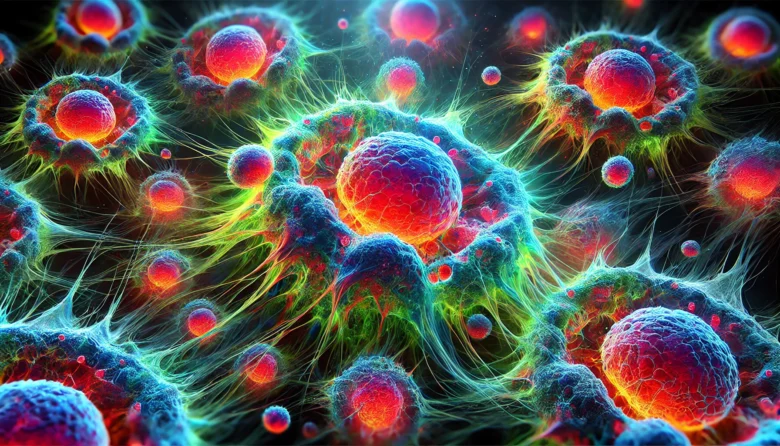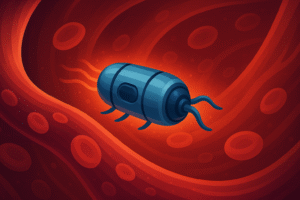Fun Fact: Henrietta Lacks’ cells were the first immortal human cells ever grown in a laboratory, revolutionizing medicine forever!
Have you ever wondered how modern medicine achieved some of its most groundbreaking discoveries? Many of these advancements trace back to the unassuming life of Henrietta Lacks, a young African-American woman whose cells changed the world. Often celebrated as the “mother of modern medicine,” Henrietta’s story is one of scientific triumph, ethical controversy, and a legacy that continues to inspire.
The Woman Behind the Science
Henrietta Lacks was born in 1920 in Roanoke, Virginia, and raised on a tobacco farm. Like many African Americans of her time, she lived a modest life with limited access to education and healthcare. In 1951, at the age of 31, Henrietta was diagnosed with cervical cancer at Johns Hopkins Hospital—one of the few institutions offering medical care to Black patients at the time.
The Discovery of HeLa Cells
During her treatment, doctors removed a small sample of her tumour without her knowledge or consent, a common practice in the era. This sample turned out to be extraordinary. Unlike other cells that died within days, Henrietta’s cells—later named HeLa cells—continued to grow and divide indefinitely under laboratory conditions. This unique property made them “immortal” and invaluable for medical research.
Transforming Medicine
The discovery of HeLa cells catalyzed a wave of scientific breakthroughs. Researchers used these cells to:
- Develop the polio vaccine, protecting millions worldwide from a crippling disease.
- Advanced cancer research, leading to chemotherapy and radiation treatments.
- Understand the effects of space travel on human cells, with HeLa cells even sent to space!
- Pioneer gene mapping and in vitro fertilization (IVF).
Ethical Dilemmas and Advocacy
Henrietta’s family remained unaware of the use of her cells for decades, raising significant ethical questions. How could such monumental contributions to science come at the expense of informed consent and equitable treatment? Her story has become a rallying point for discussions on bioethics, patient rights, and racial inequities in healthcare.
Honouring Henrietta’s Legacy
In recent years, Henrietta’s contributions have gained widespread recognition. In 2010, Rebecca Skloot’s bestselling book, The Immortal Life of Henrietta Lacks, brought her story to global attention. The Lacks family now works with organizations to ensure ethical practices in medical research and advocate for underrepresented communities in science.
Conclusion
Henrietta Lacks’ legacy transcends the laboratory. Her cells have saved countless lives, pushed the boundaries of medical science, and sparked critical conversations about ethics and equality. The next time you hear about a medical breakthrough, think of Henrietta’s immortal gift. Let’s honour her memory by striving for a future where science uplifts humanity without compromise.
Author’s Note
Henrietta Lacks’ story is a powerful reminder of the human lives behind scientific achievements. I hope this blog inspires you to learn more about her incredible contributions and advocate for ethical practices in science and medicine.
G.C., Ecosociosphere contributor.
References and Further Reading
- NIH’s Tribute to Henrietta Lacks: Read More Here
- Review: The Immortal Life of Henrietta Lacks – jverkamp.com. https://blog.jverkamp.com/2020/12/28/the-immortal-life-of-henrietta-lacks/
- Rebecca Skloot Archives – Summaries & Essays. https://novelsummary.com/topic/rebecca-skloot/
- Henrietta Lacks family seeks justice: Grandchildren sue biotech company – 105.7 WDNY. https://wdnyradio.com/2021/10/14/henrietta-lacks-family-seeks-justice-grandchildren-sue-biotech-company/




